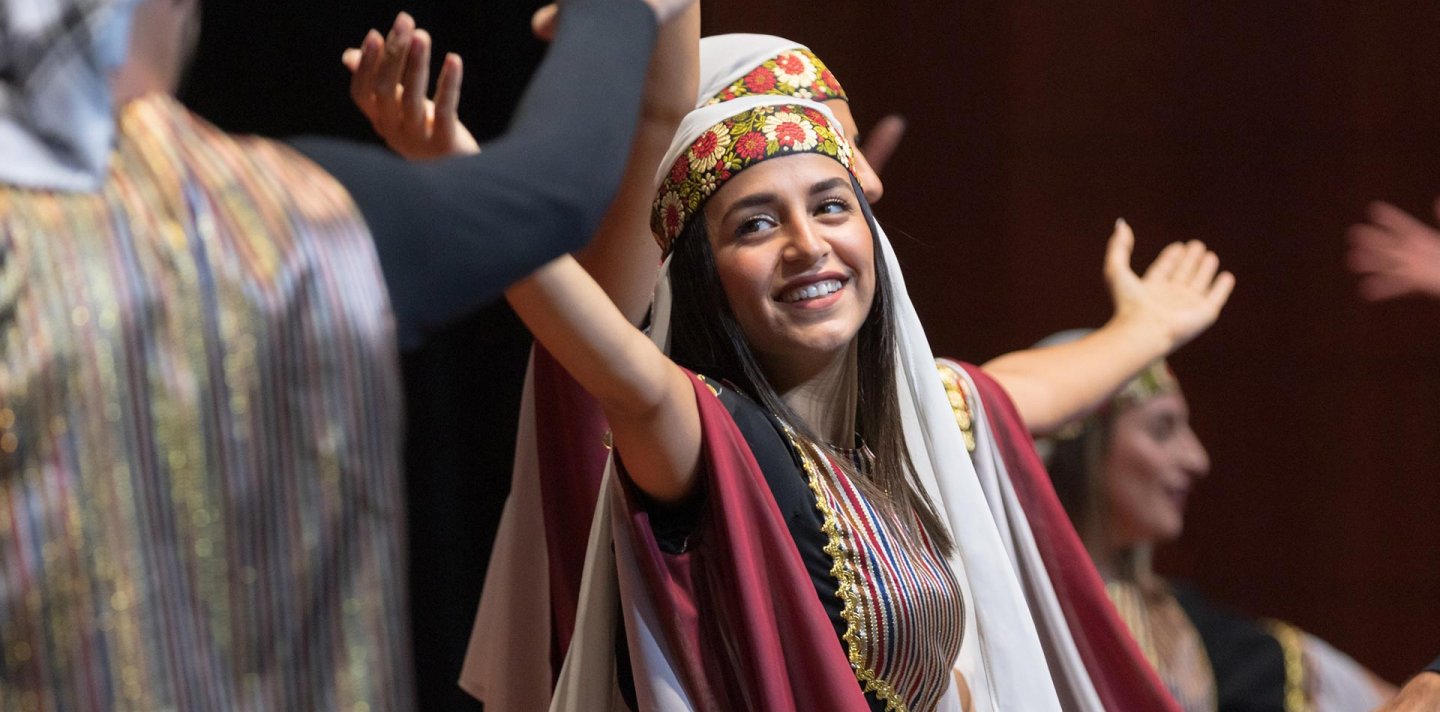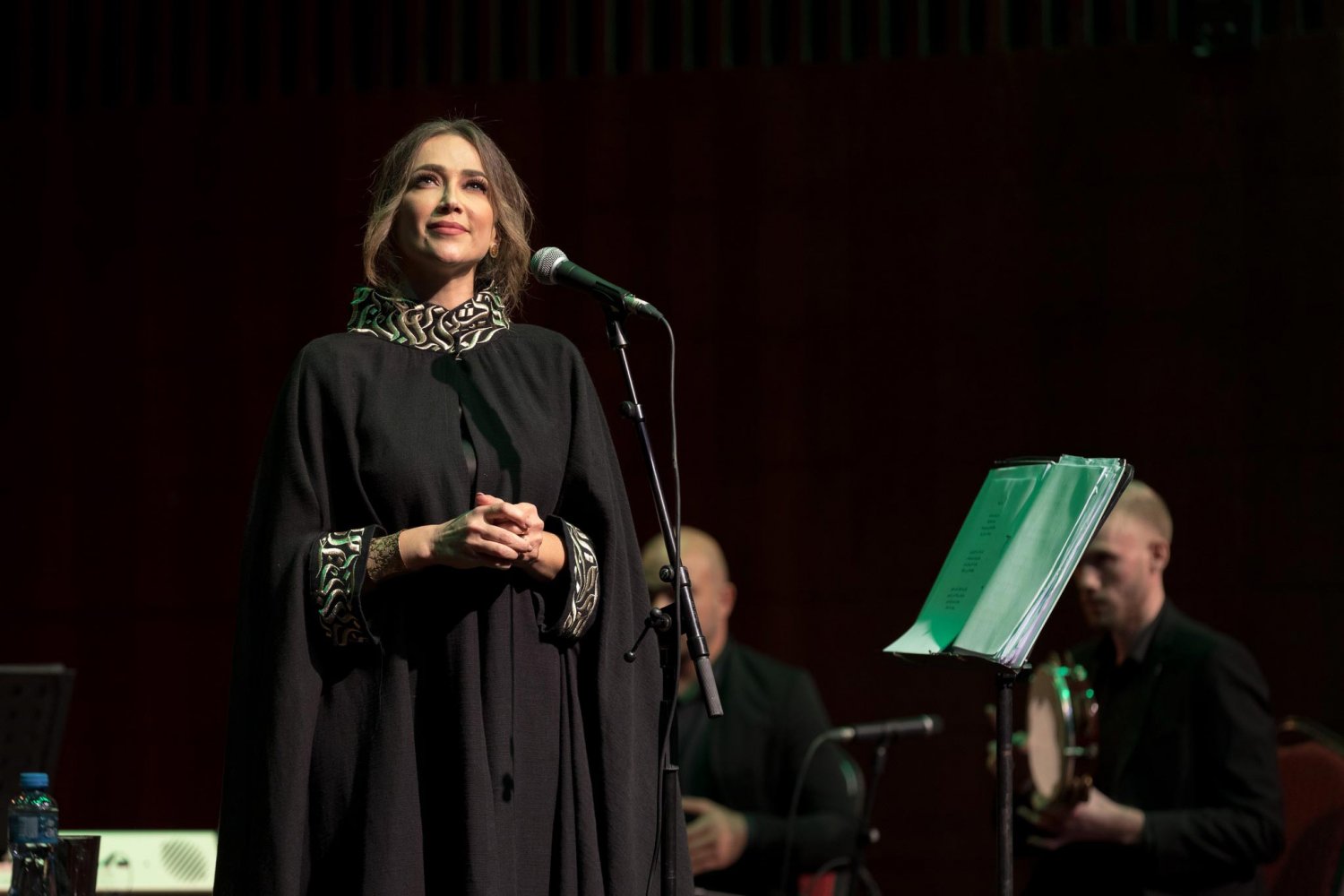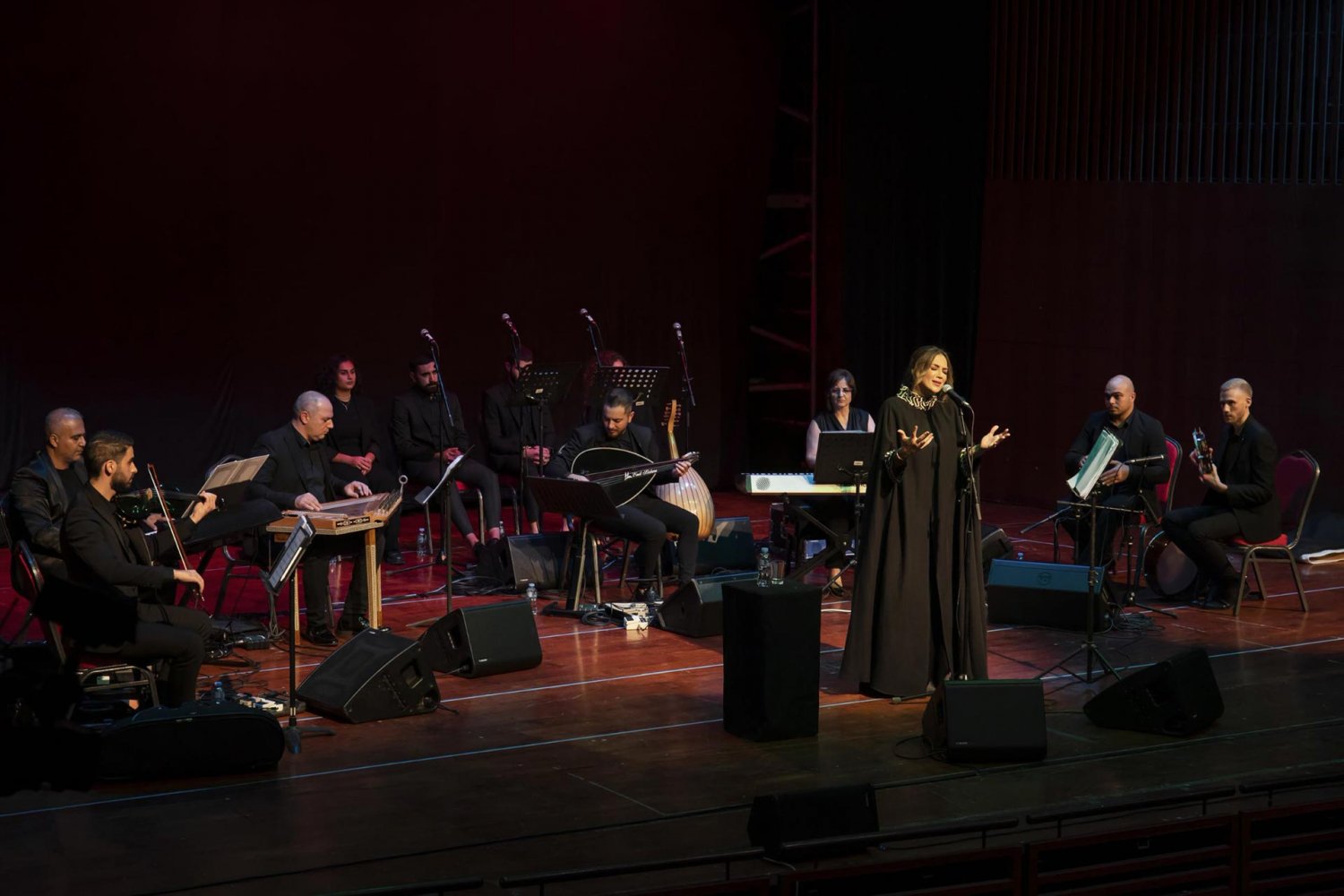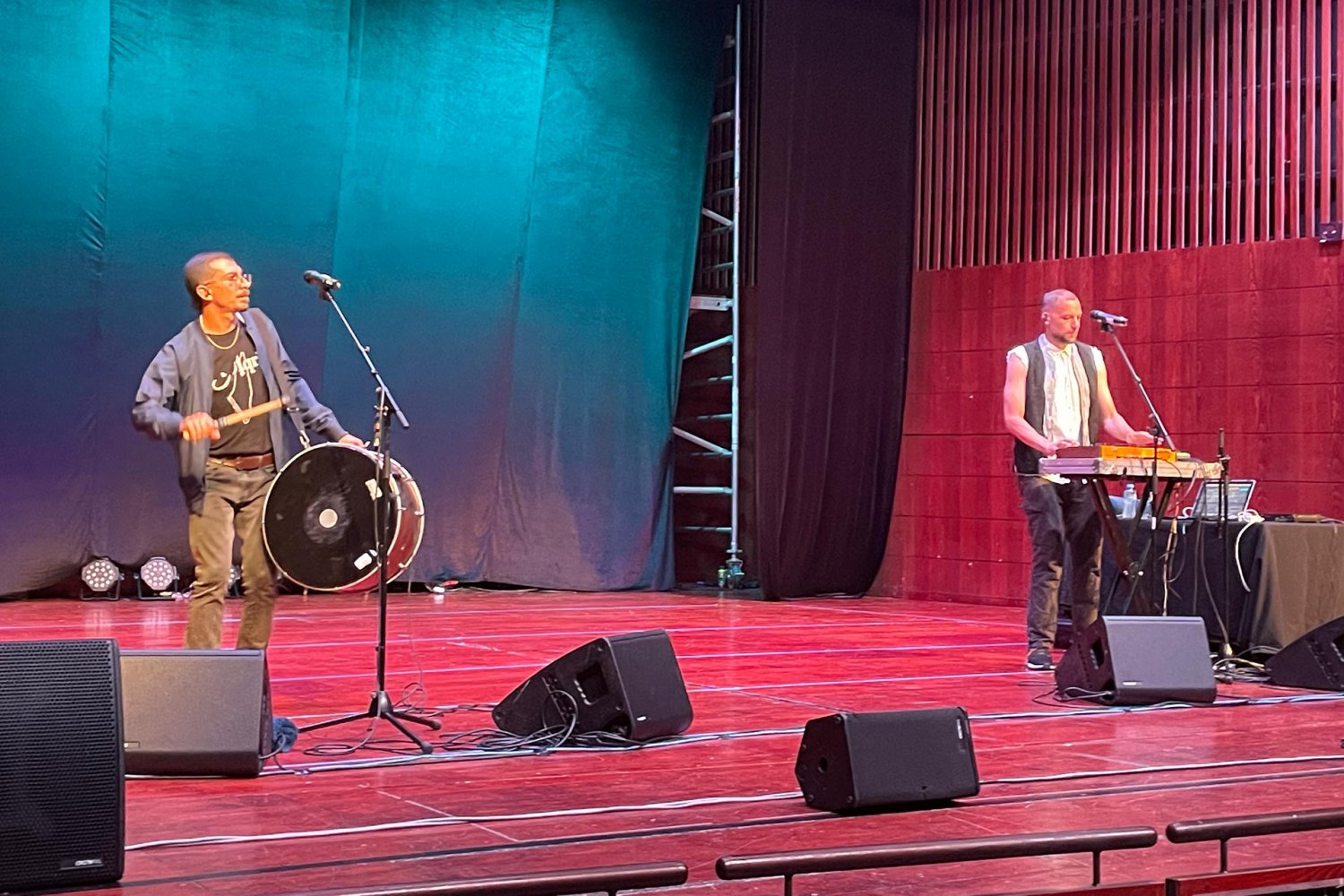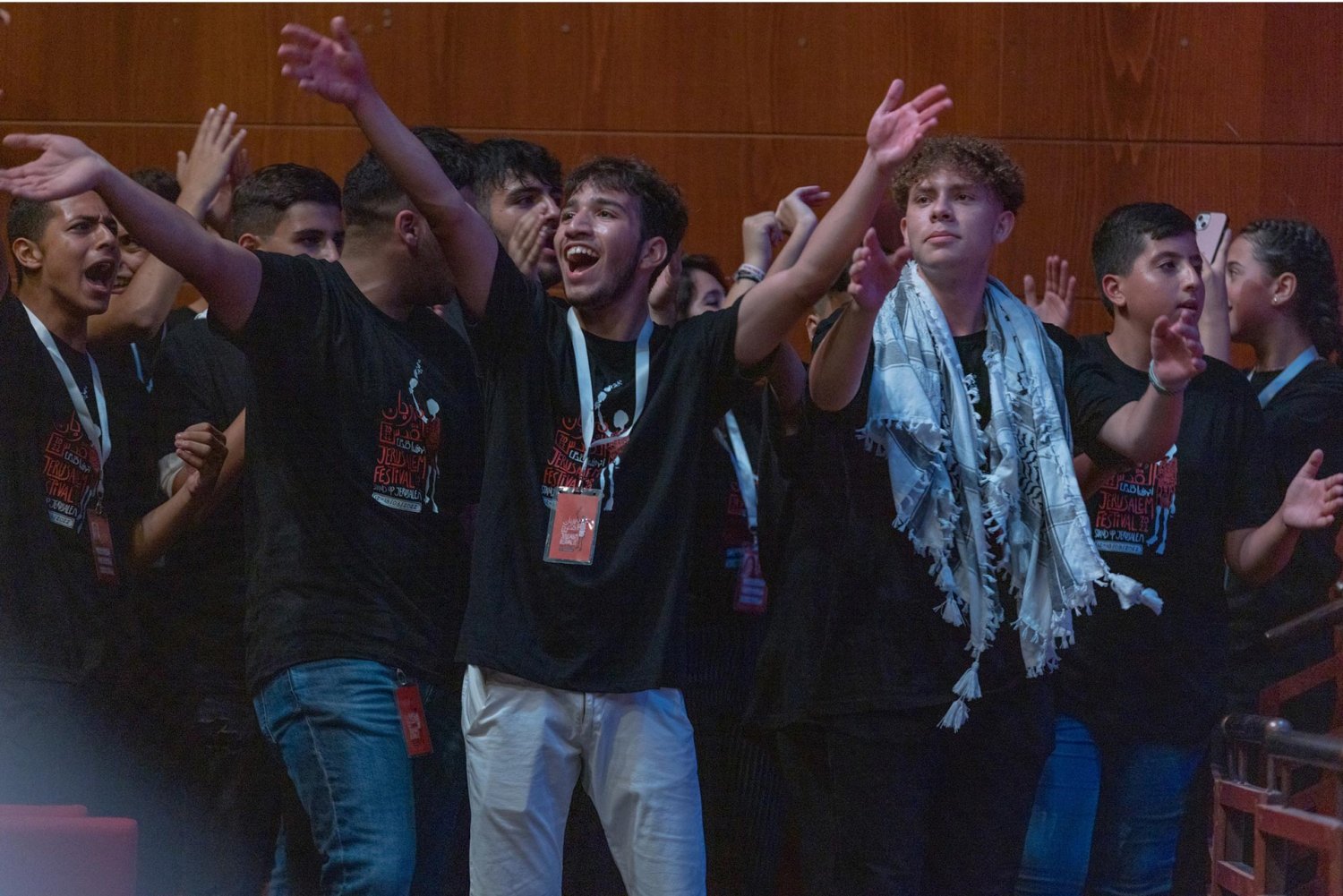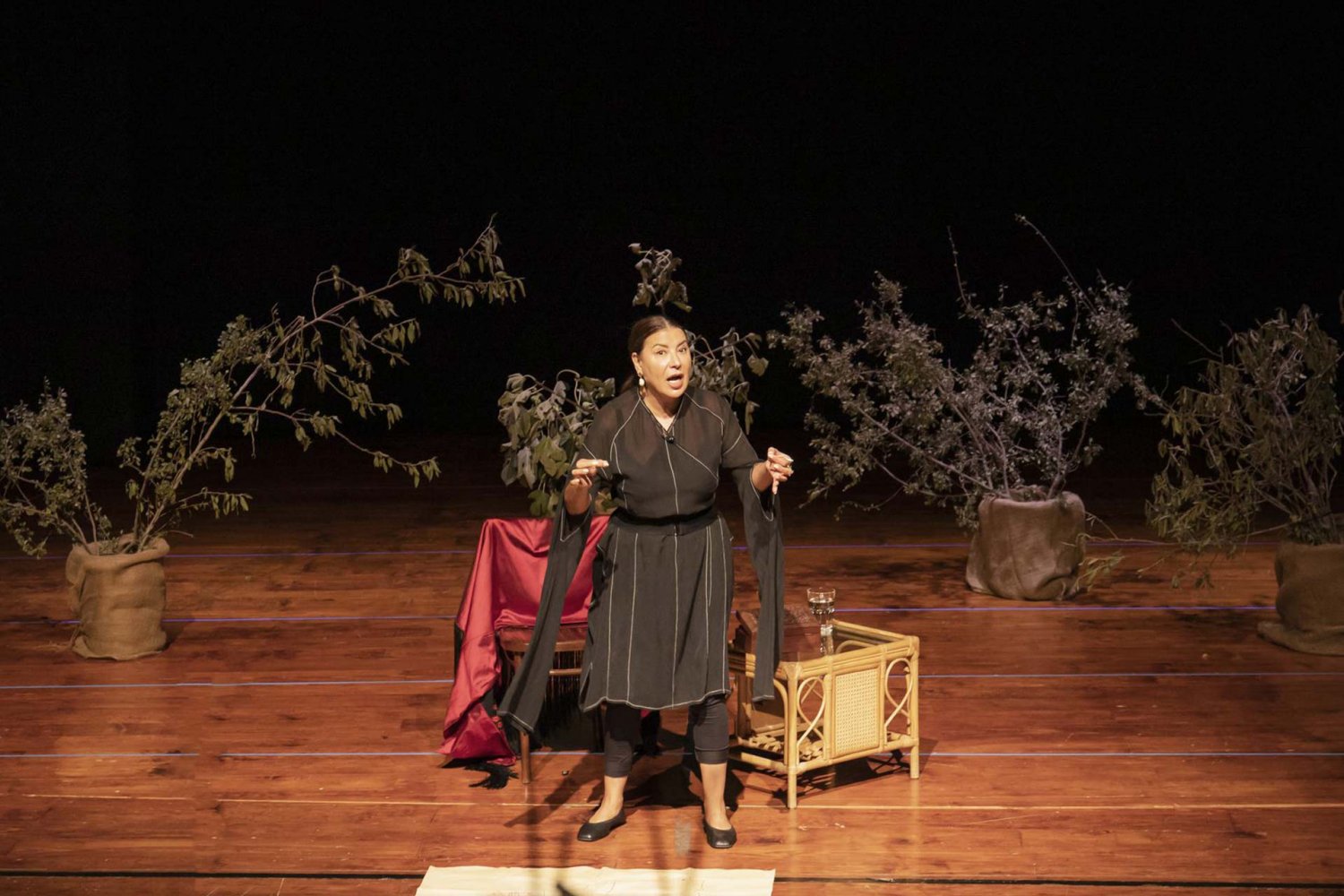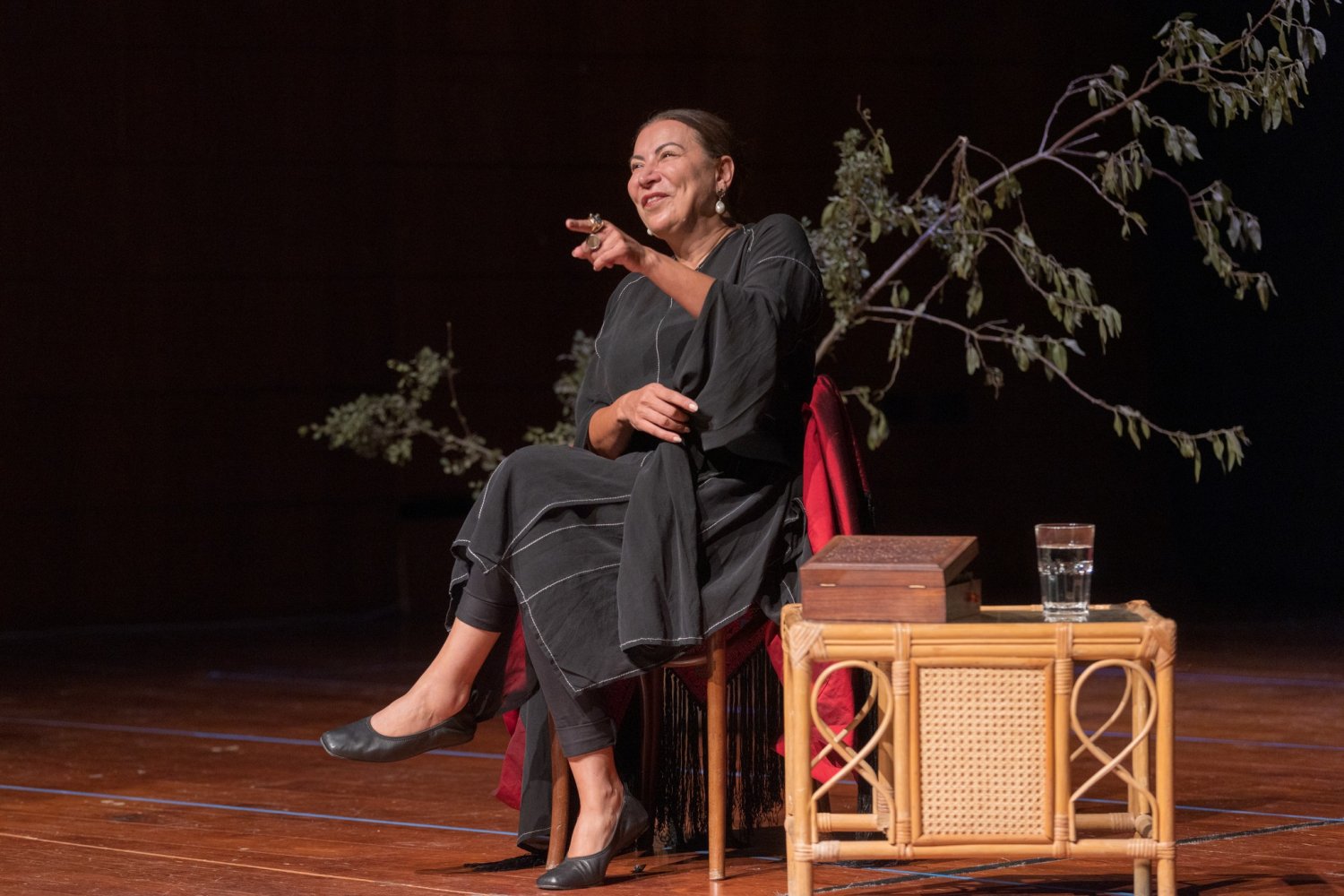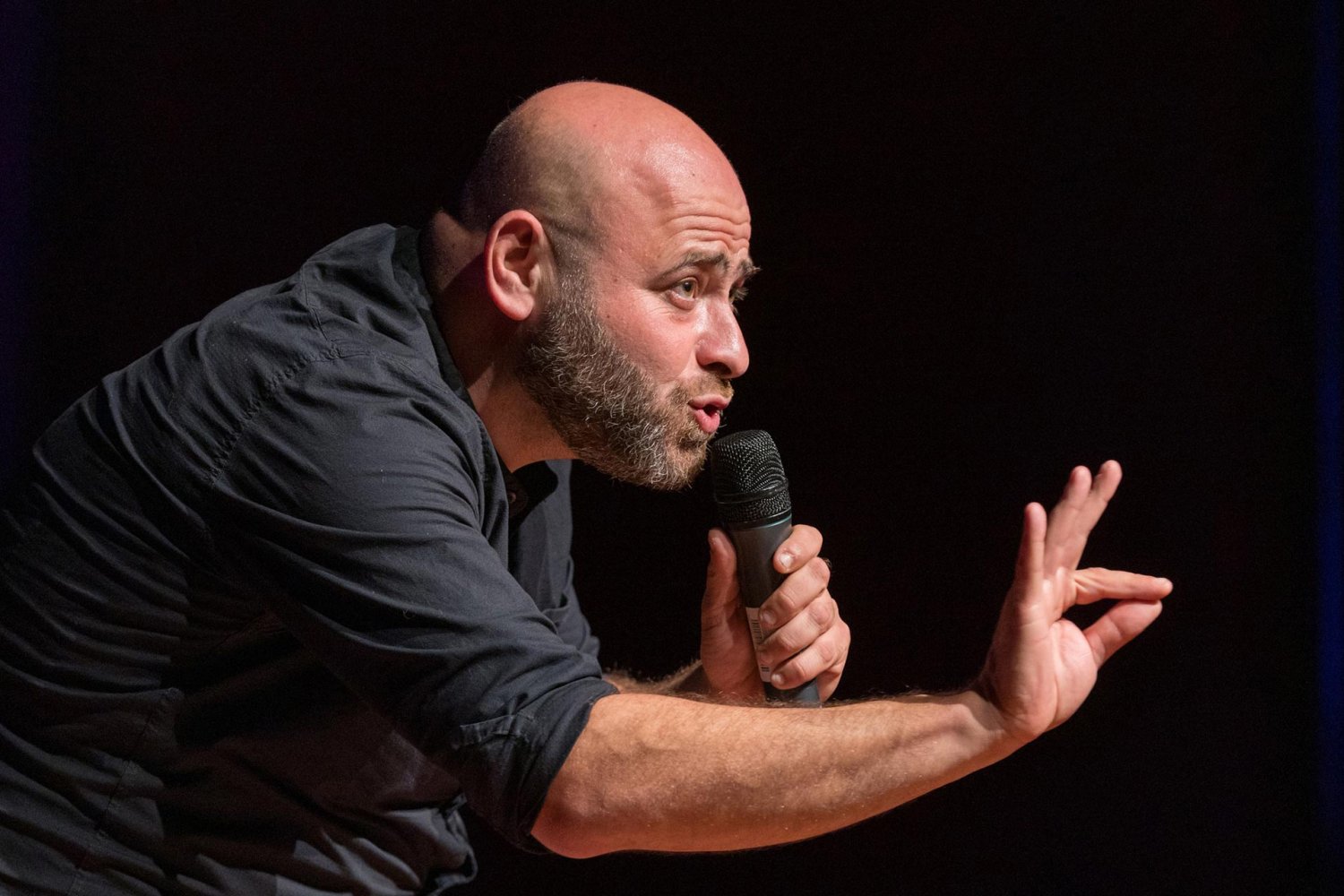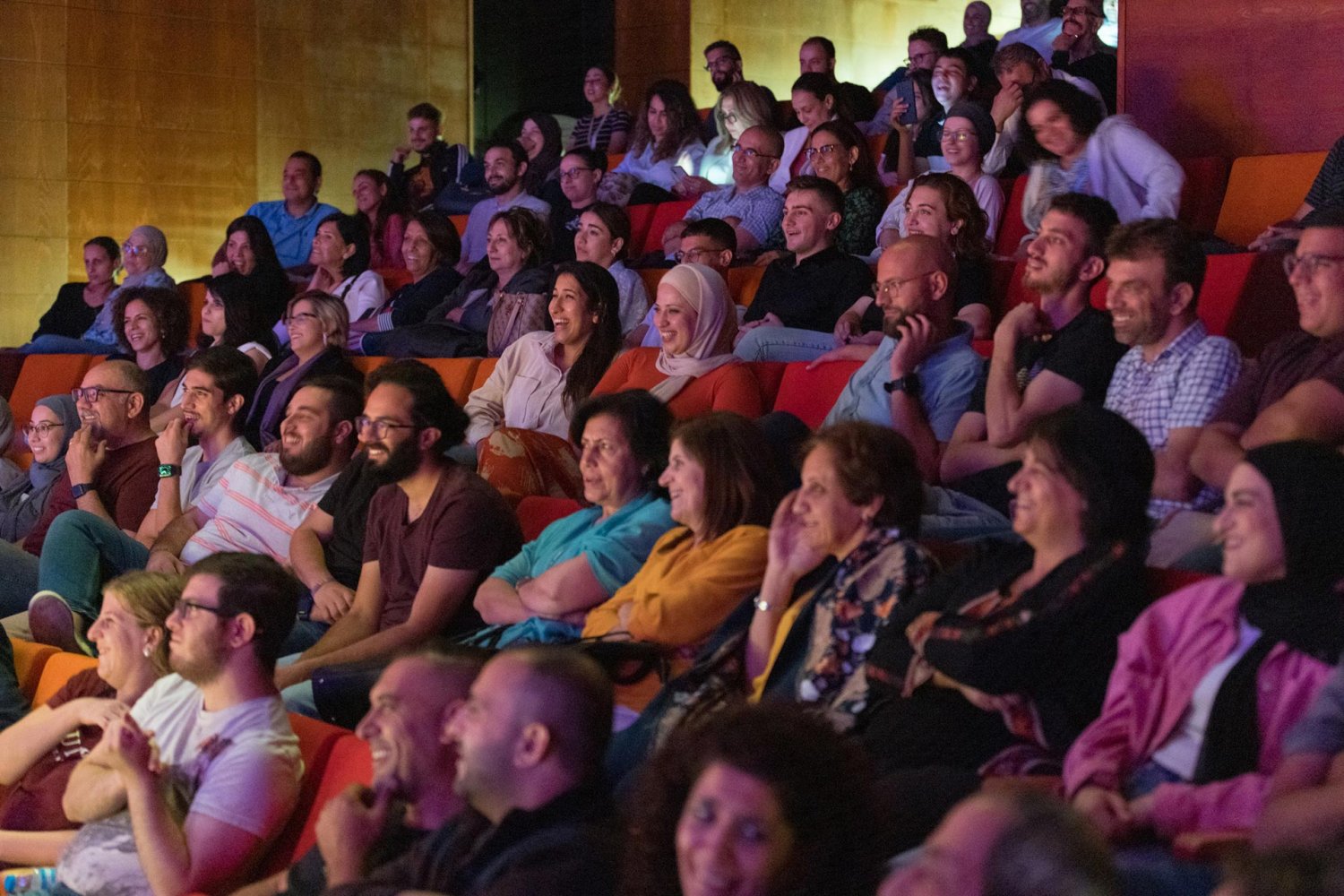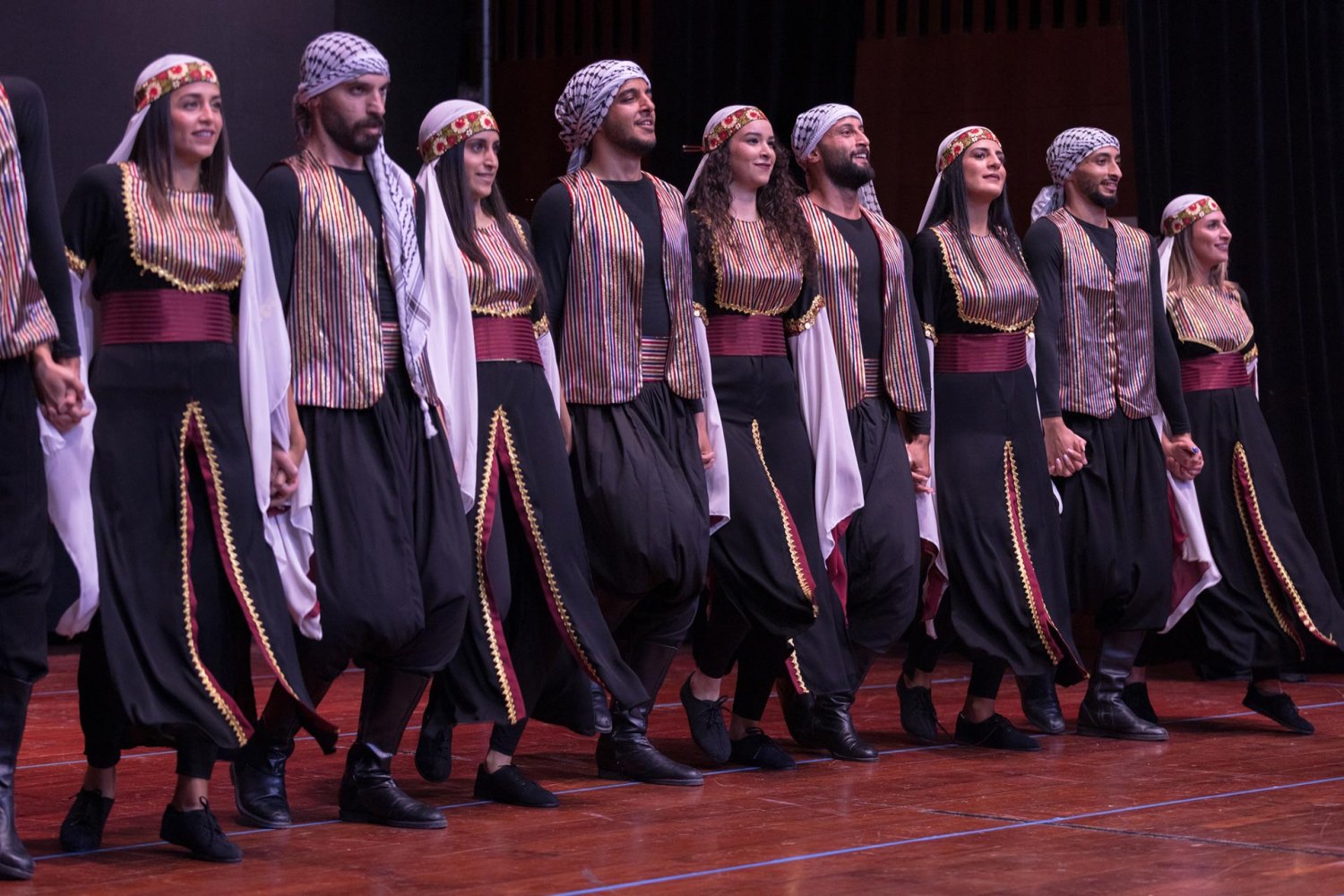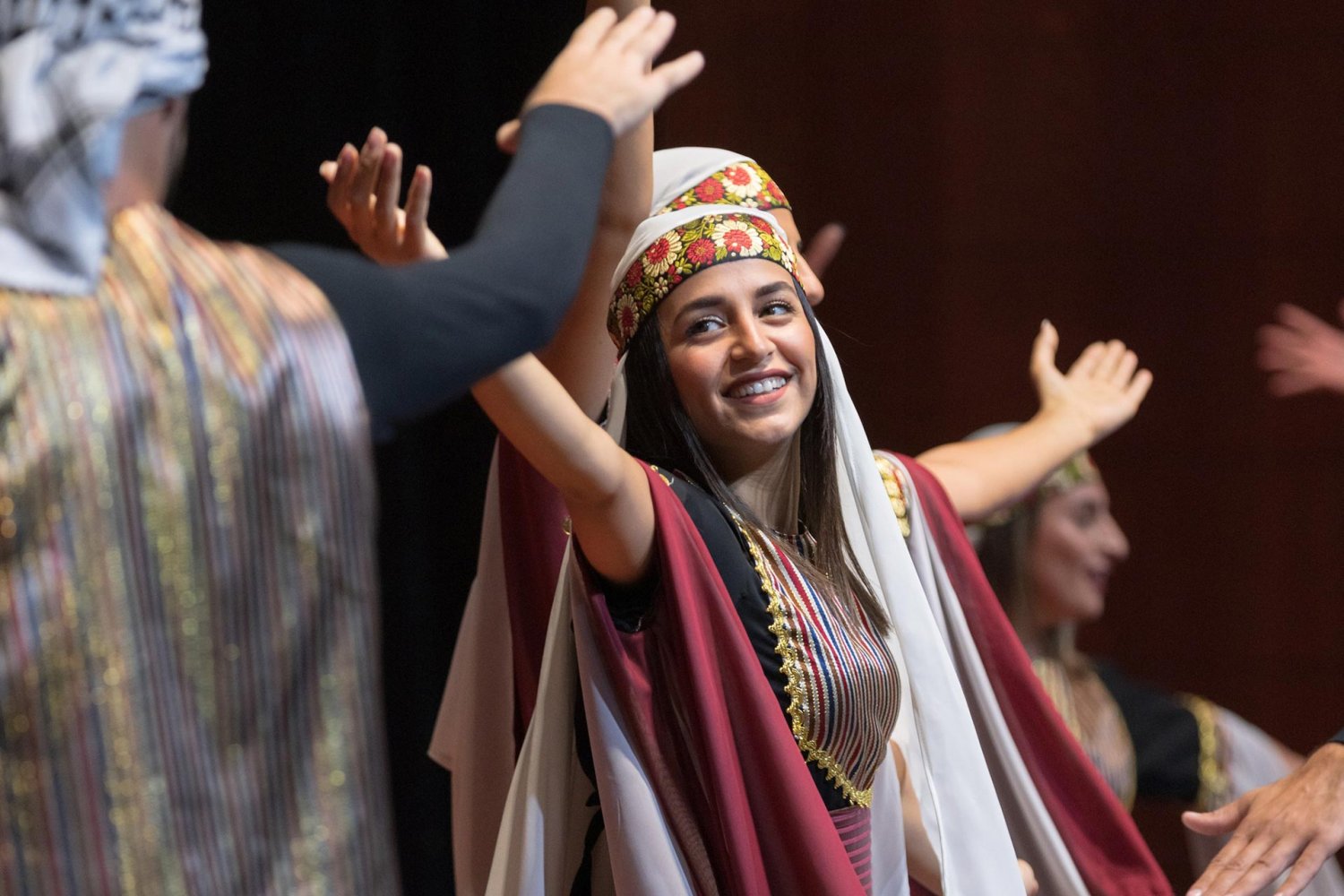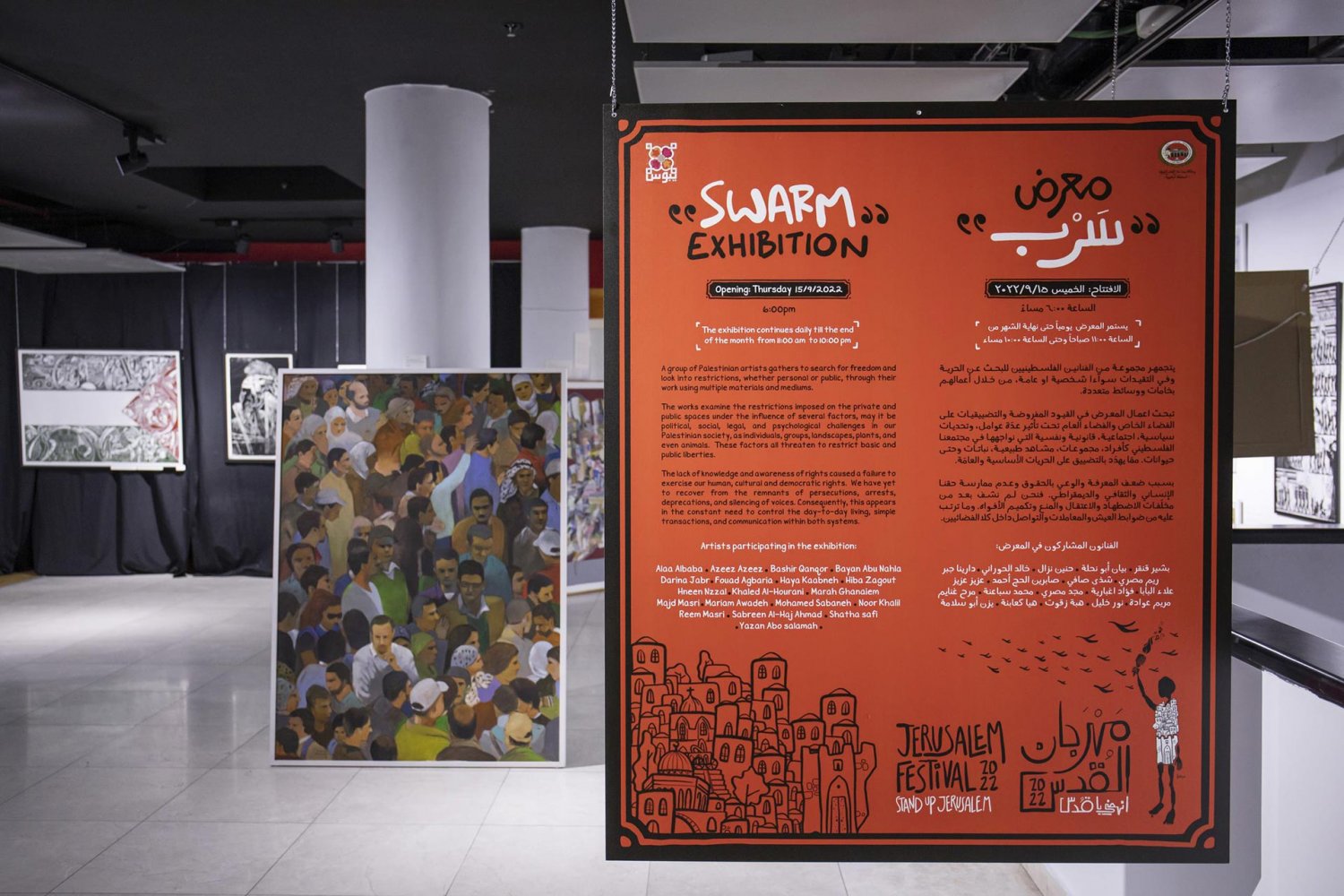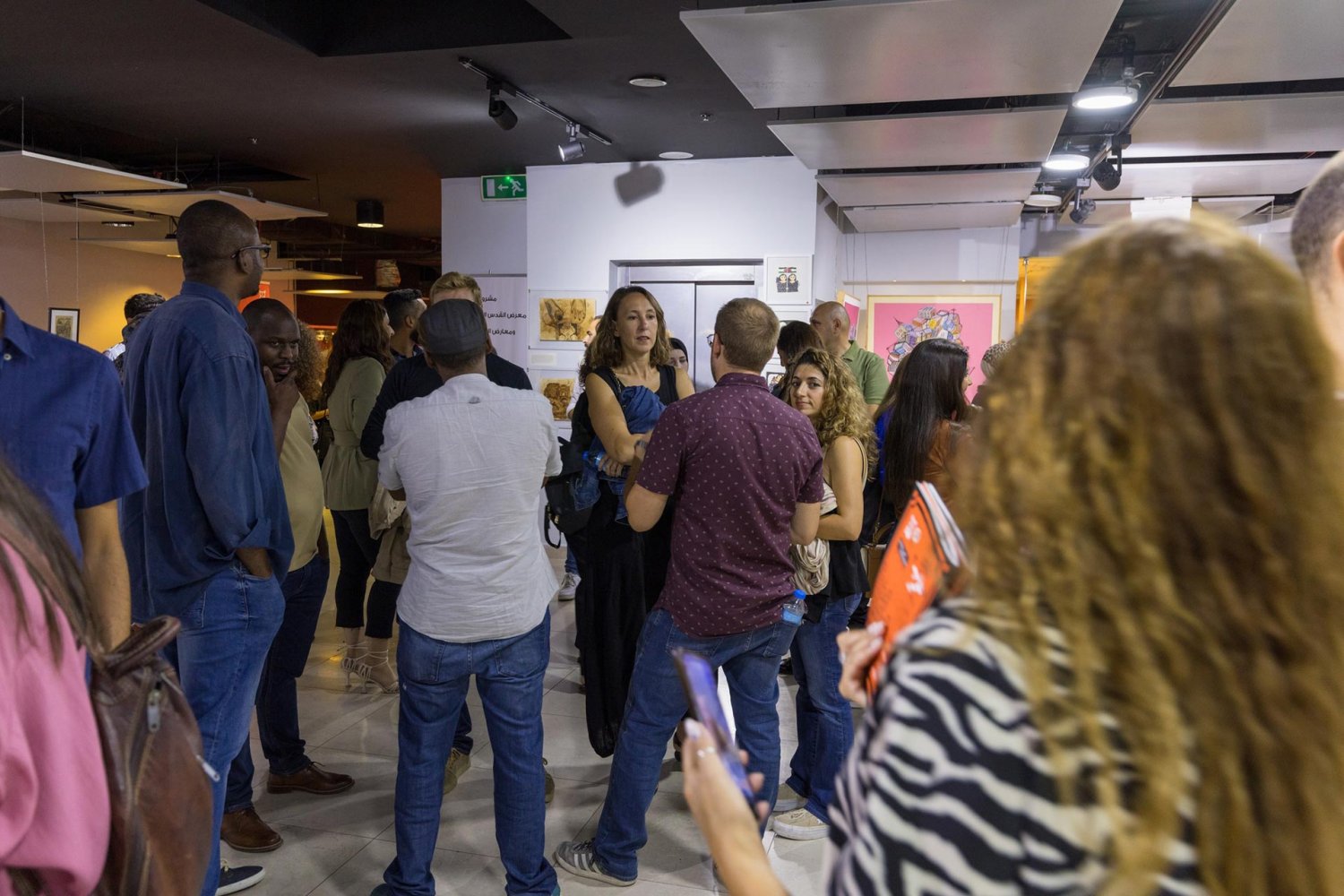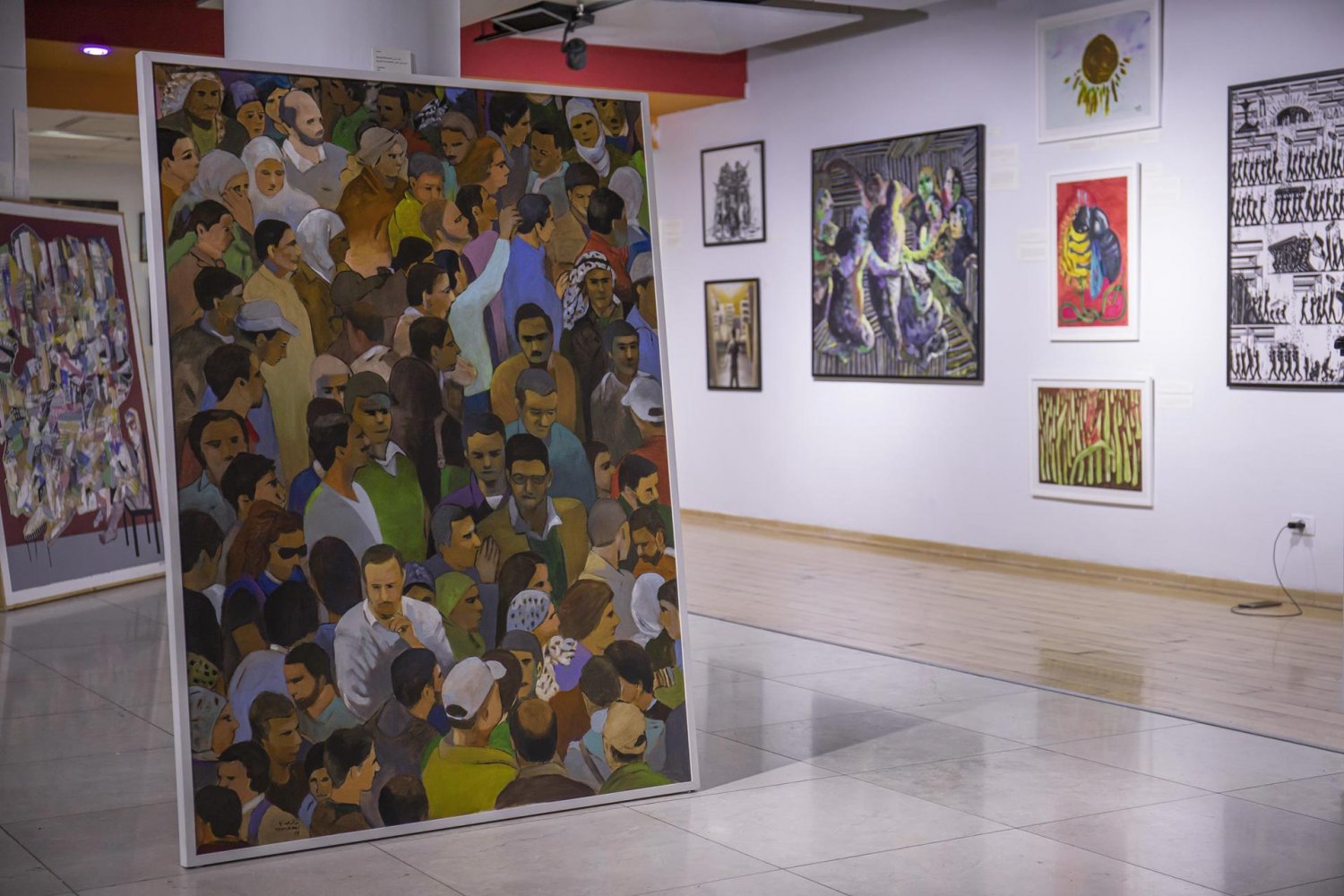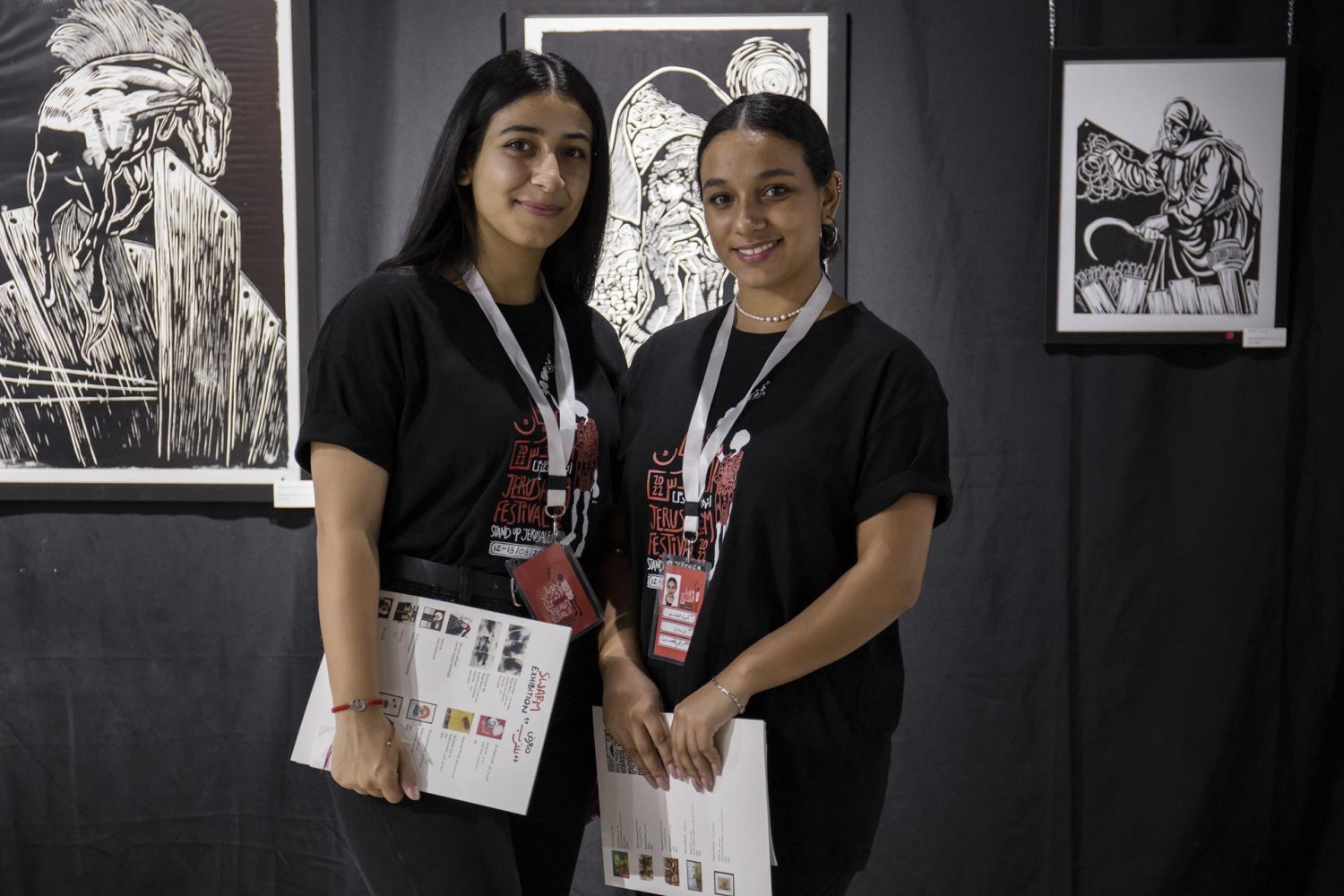A highlight of the festival was Raeda Taha’s “The Fig Tree,” a play that came to Jerusalem after showing around various cities in the country over the summer.
A monodrama, this play conceptualizes the fusion of personal and national liberation by taking the audience on an intimate trip from pre-1967 Jerusalem to life in exile and back to Palestine in 1994.
The audience was enthralled by Taha’s witty sense of humor, exquisite talent at accent mimicry, and impressions of known personalities.
Through the medium of humor used to sweeten bitter and horrid accounts, Taha recounted memories of the 1960s through the 1990s and beyond, all the while using her firsthand knowledge of the political scenes in the region. She draws upon her experience of having been the press secretary of and one of the closest companions to late president Yasser Arafat, whom she charmingly mimics in her play.
Born in Jerusalem in 1965, Taha and her family were forced out of their beloved Afghani quarter (close to Bab al-Ghawanmeh, one of the gates leading to the al-Aqsa Mosque) in 1967 when she was two and a half years old. She moved with her family to Amman, then to Beirut, and later to Tunisia (where she married her late husband, Suheil Gedeon, in a wedding that Arafat attended). Her father, Ali Taha, was a fida’i (a freedom fighter) who hijacked a plane in 1972 in an operation with the Palestine Liberation Organization (PLO), with the plan to trade in for Palestinian prisoners. He was killed shortly after, when his daughter was barely eight years old. After the Oslo Accords, Taha managed to return to Palestine.
From that point, she was introduced to Jerusalem with new eyes. Prior to returning, her salient childhood memory was a garden full of trees in their neighborhood of Ras al-Amud, particularly three fig trees from which her father used to pick figs. To this day, the fig tree and figs remain her favorite, as evidenced by the play’s title.

